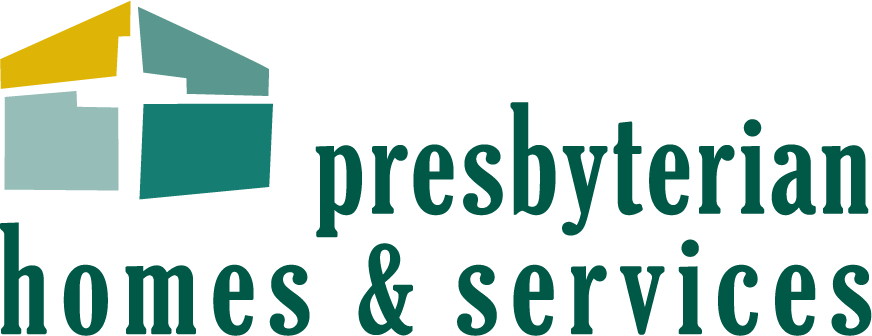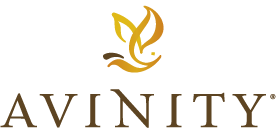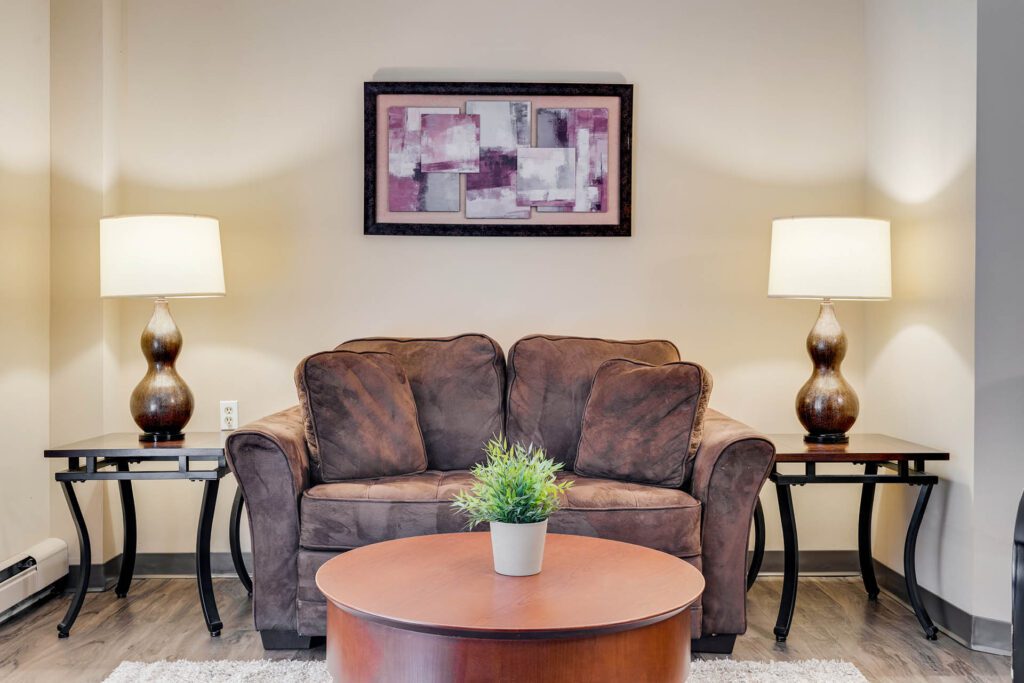
The Wellington is located in Highland Park, MN.
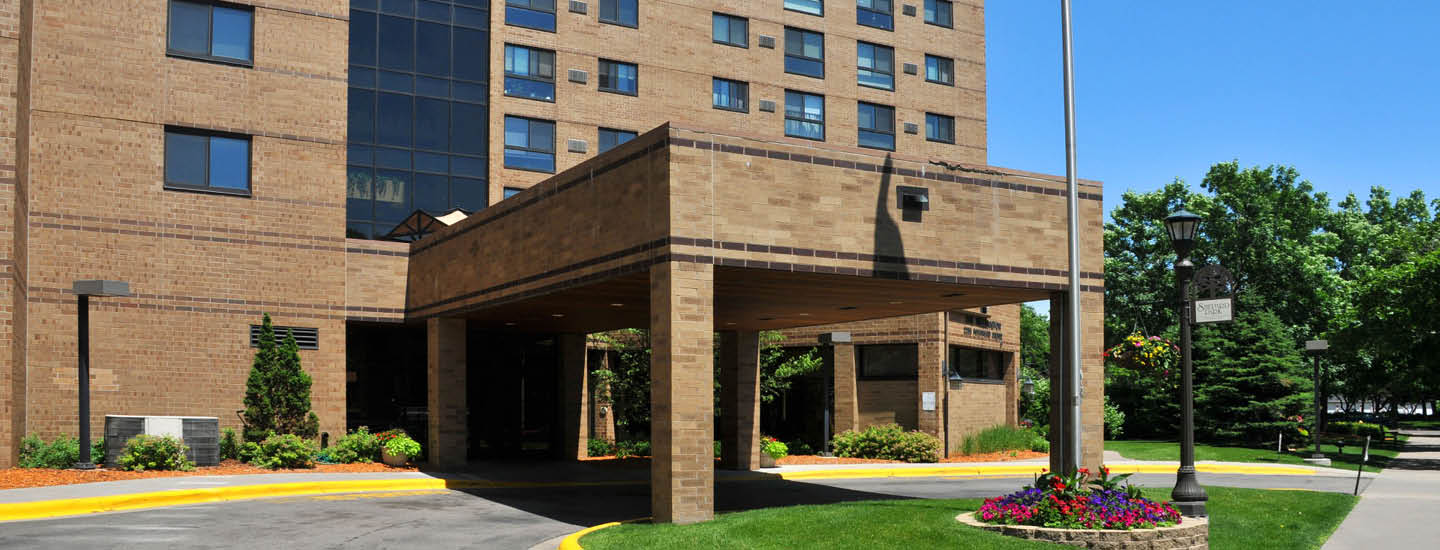

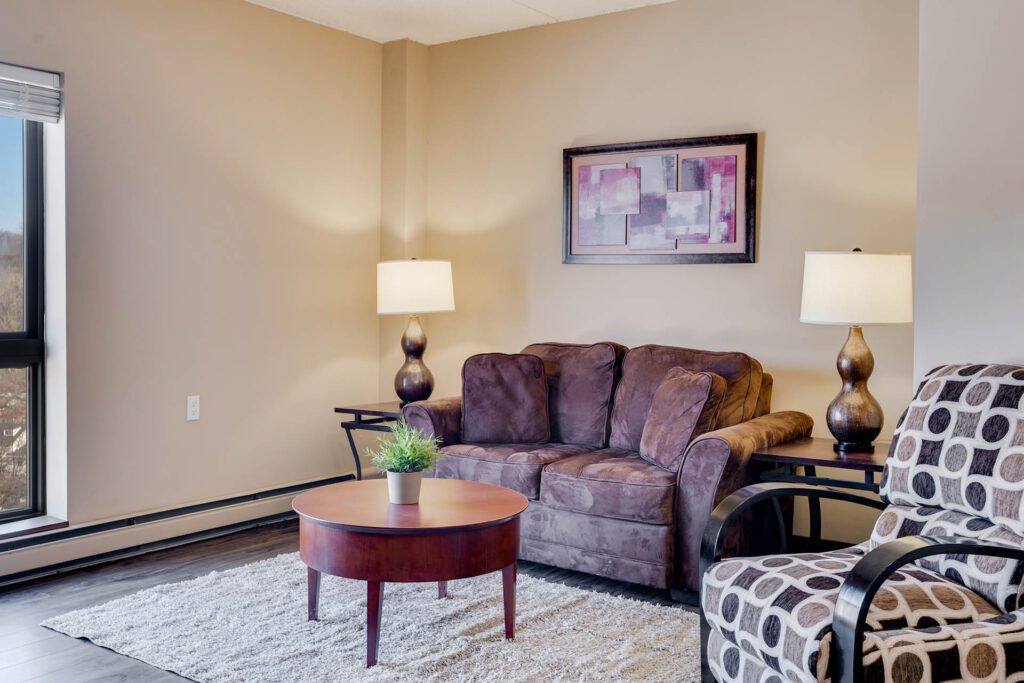
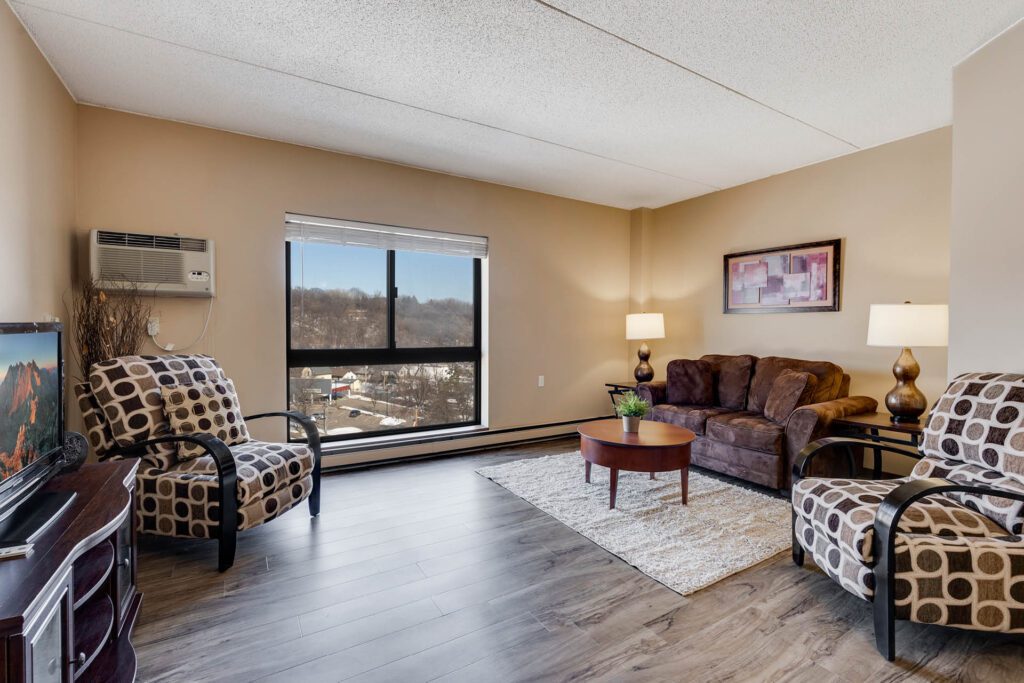
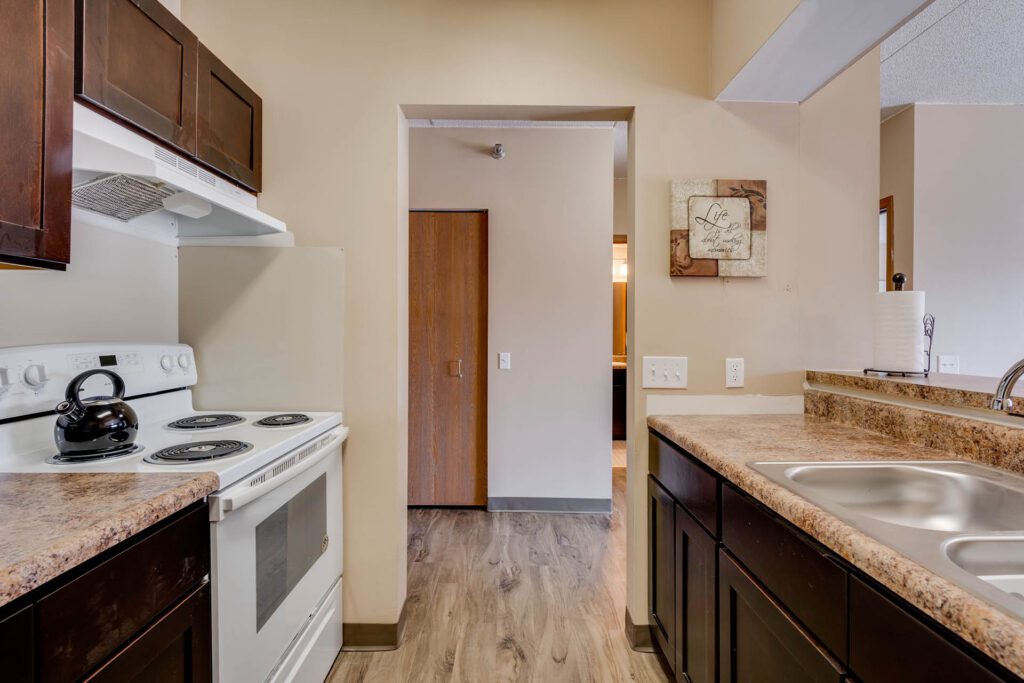
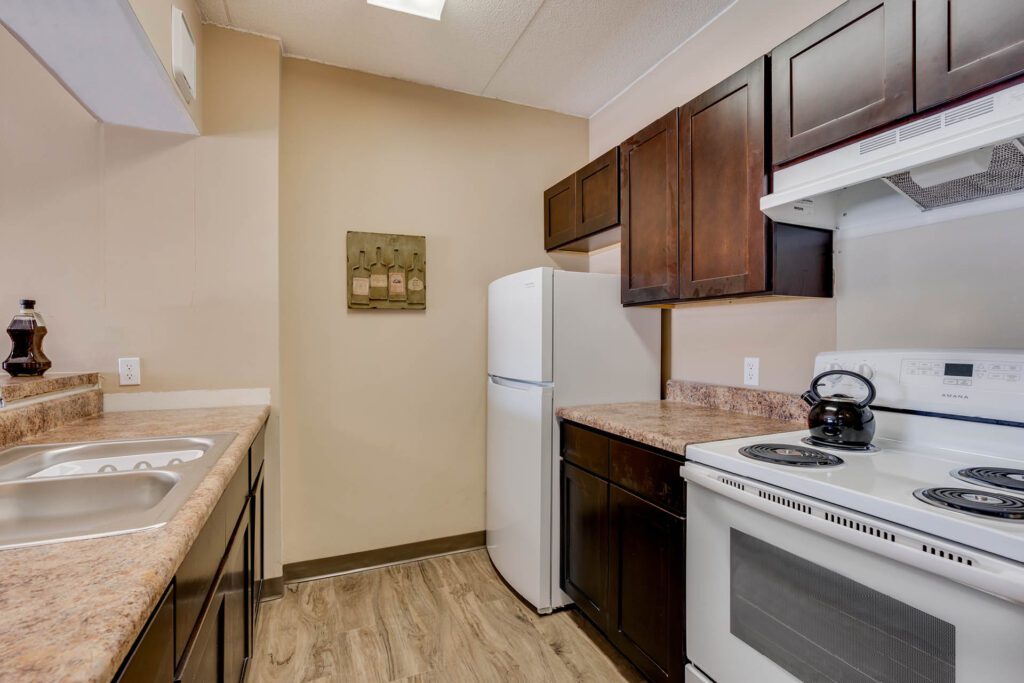
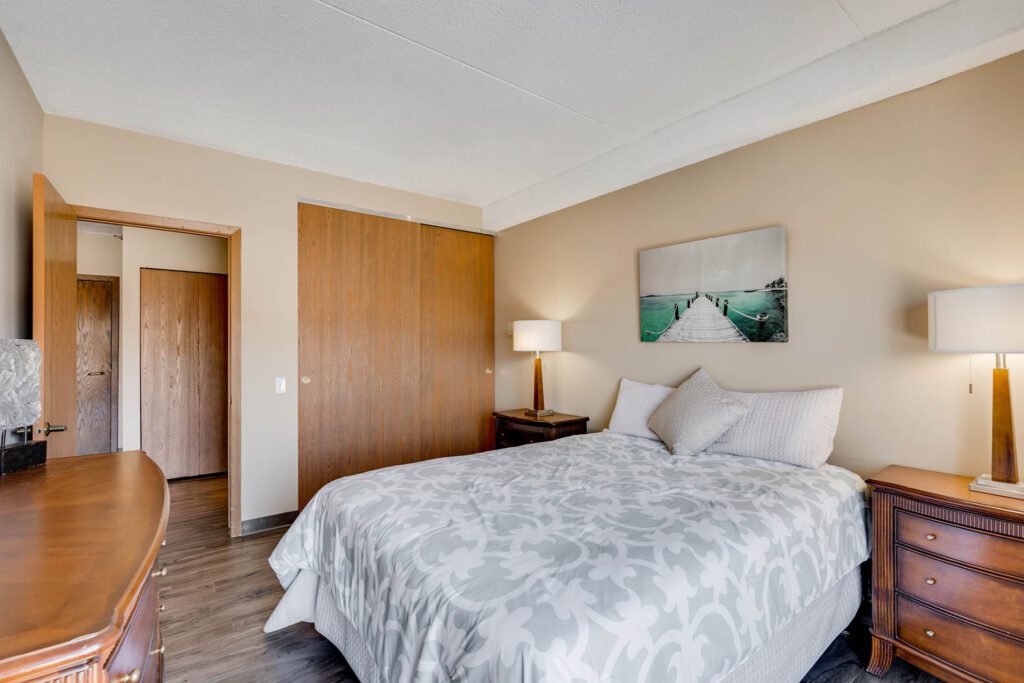
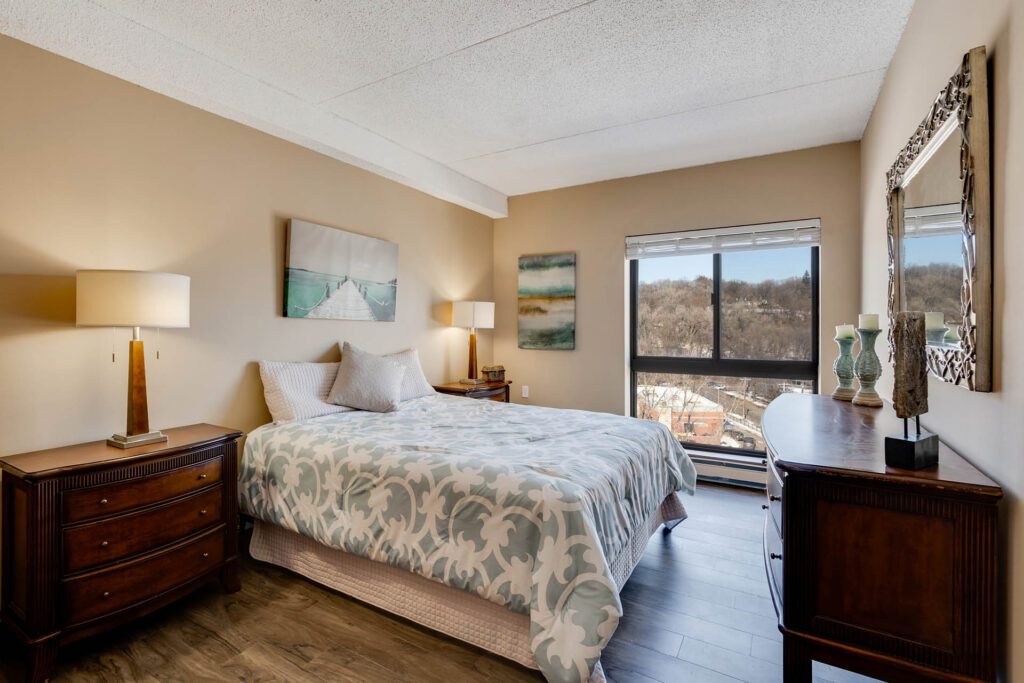
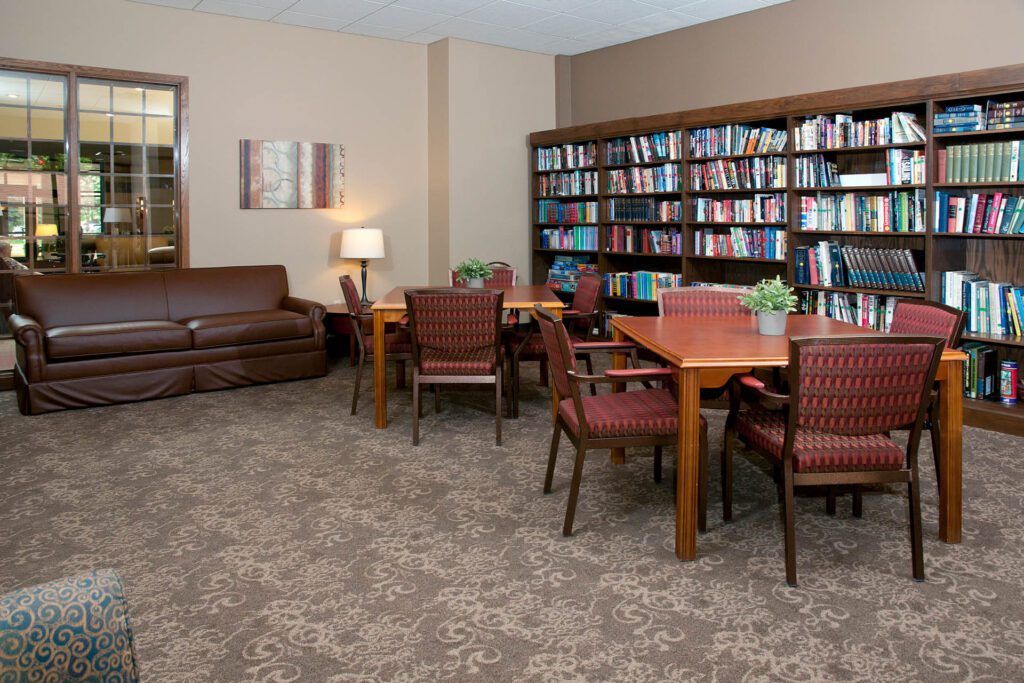
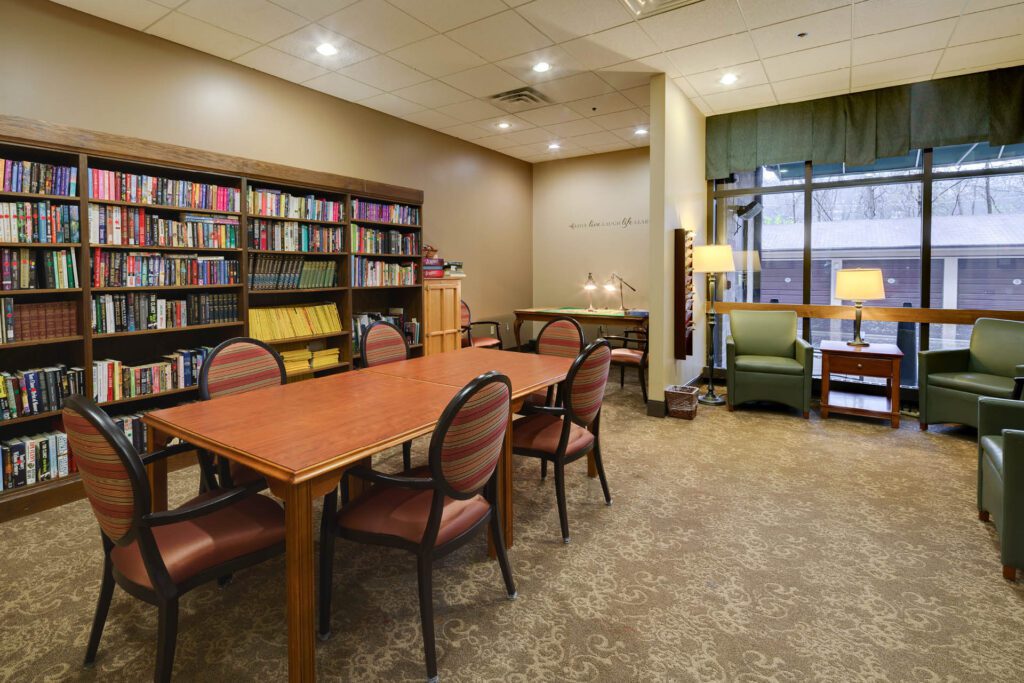
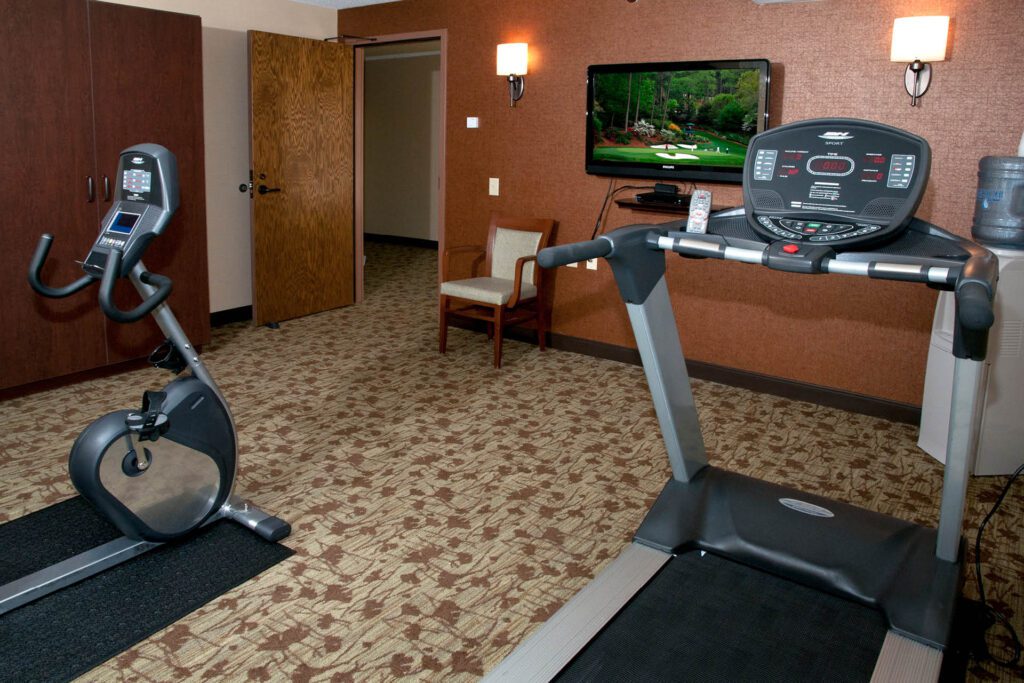
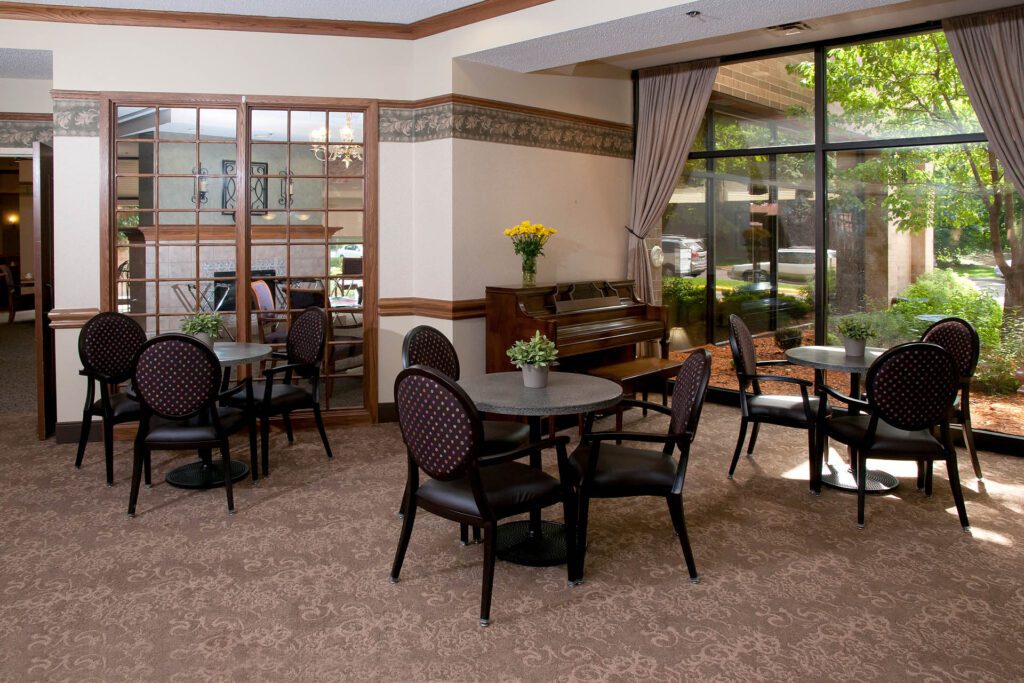
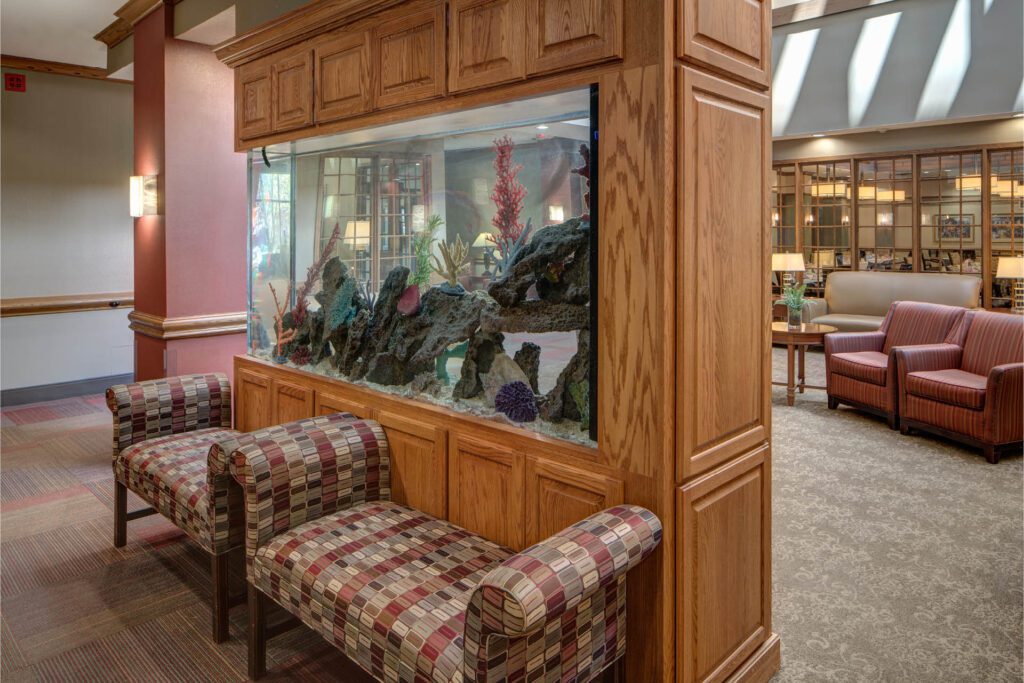
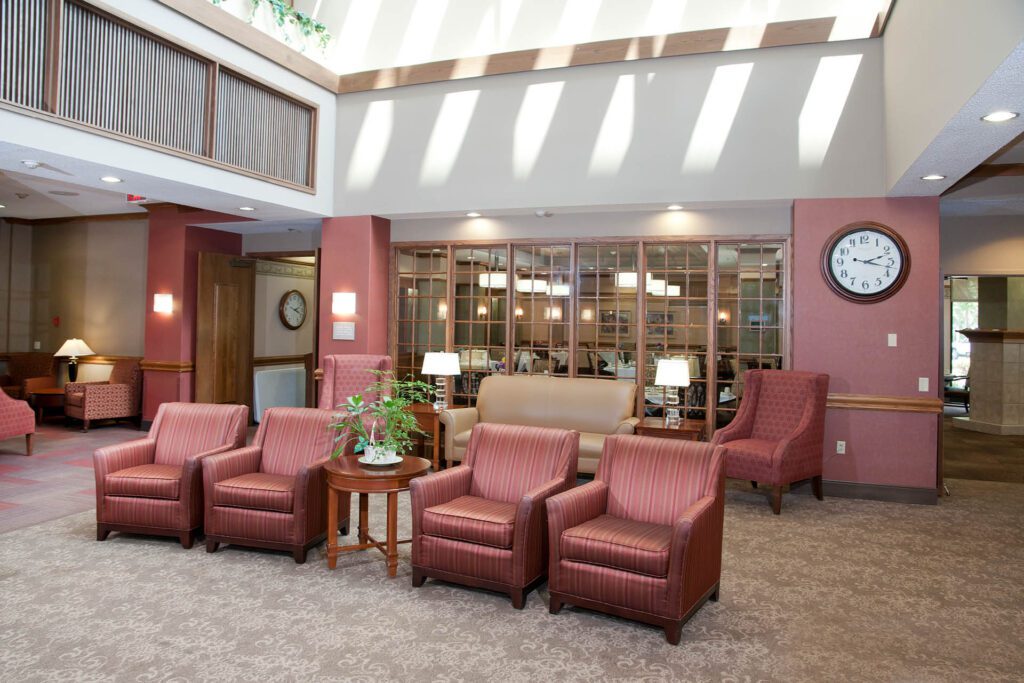
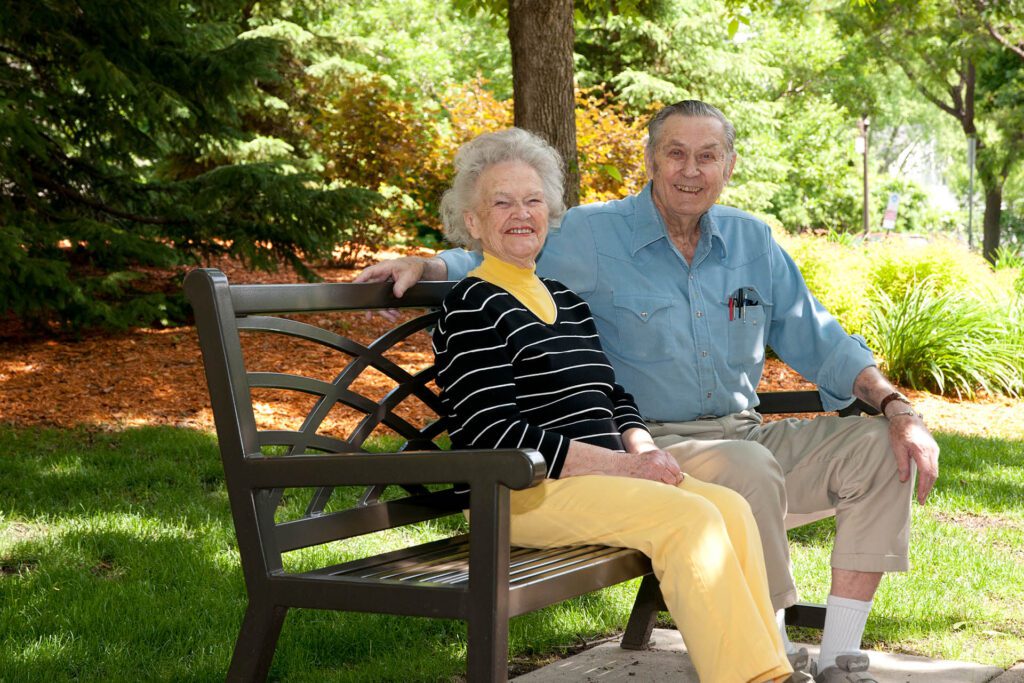
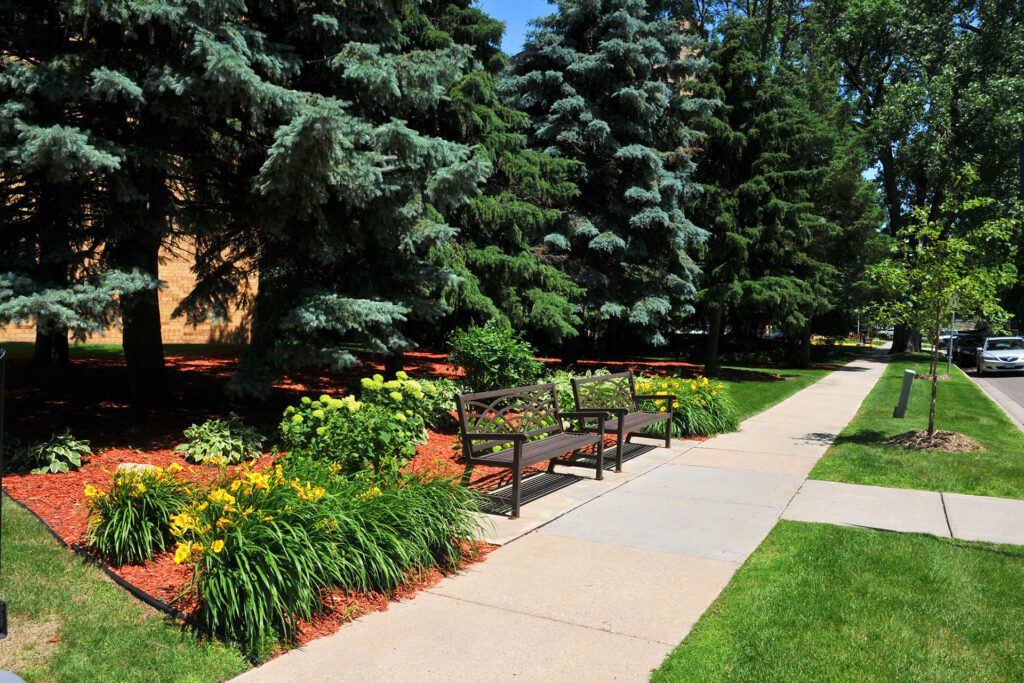
Living options available at The Wellington
Included amenities
- Artistic/creative space
- Fitness center
- Library
- Movie theater
- Wood shop
Other conveniences
Fees may apply
- Garage parking
- Guest suite
- Handyman services
- Housekeeping
- Satellite tv
- Storage locker
The Wellington is conveniently located in Highland Park, MN.
Contact us to inquire about specific living and care options or to schedule a tour.

Sarah Nordby
Housing Counselor

Georgene Gray
Campus Administrator
Beloved
At PHS, every individual is a beloved child of God – intimately known and eternally loved in Christ. That’s why we seek to enrich the lives and touch the hearts of older adults we serve. This mission is made tangible through the efforts of incredible staff, enabling those in communities to connect, grow, thrive and celebrate the gift of each new day.
